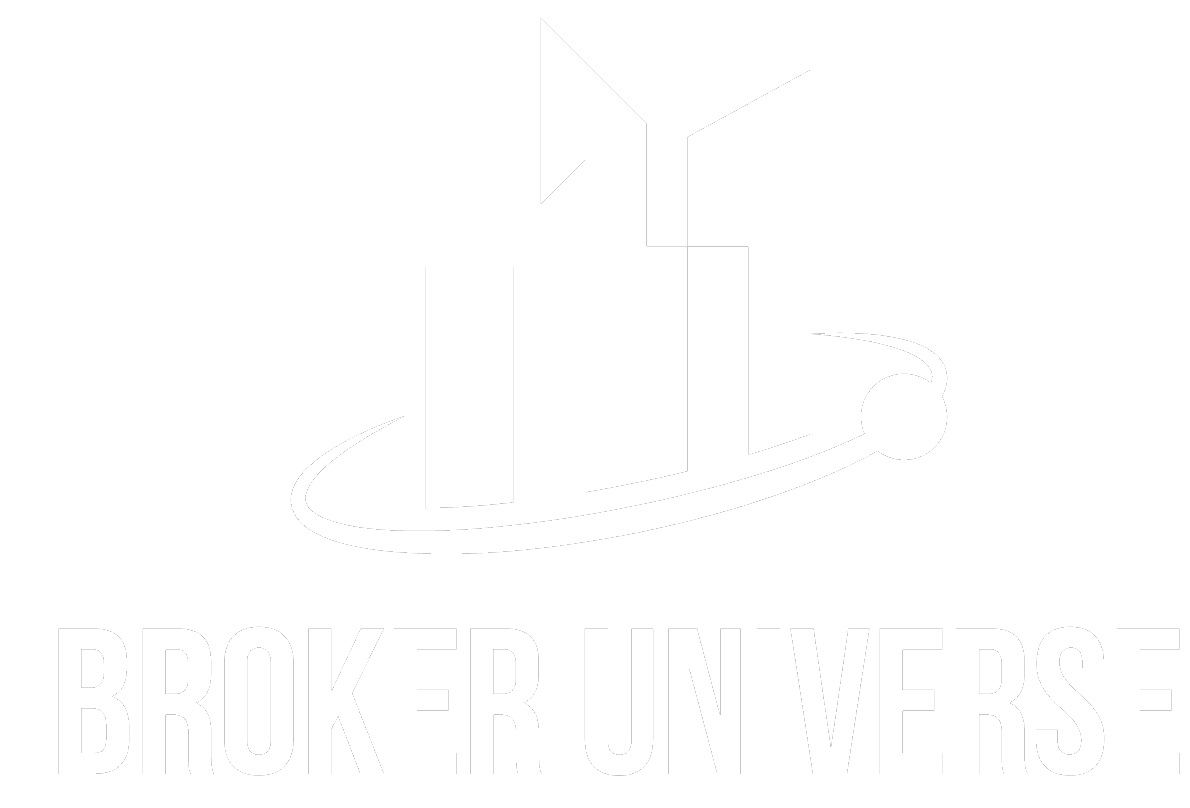As a home inspector, you may wonder if you should have insurance, what kind of insurance is recommended, and how much it may cost you to carry insurance.
Having a home inspector insurance policy can help protect you against things like hazards on the job and also claims made against you based on a mistake you made that caused financial damage to your client.
In general, home inspector insurance is recommended to provide protection for bodily injury and property damage claims, as well as claims arising from an error or negligence on your part.
In our guide below, we answer some of the most common questions when it comes to home inspector insurance, including how much it costs, what type of insurance a home inspector should have, as well as whether being a home inspector is a profitable business.
How much is the cost of insurance for home inspectors?
When you are considering purchasing home inspector insurance, of course the insurance cost will be a big consideration.
The cost of home inspector insurance can vary based on criteria such as how many employees are with the company or how many inspections you conduct each year. This will determine the risk associated with your business and therefore the amount it will cost to insure you.
On average, a general liability policy will cost $500 per year. However home inspector E&O insurance will be more expensive and will depend on what kind of inspection services you provide.
For instance, if you test things like radon, mold, or asbestos, the cost will be much more expensive than a basic errors and omissions policy.
A basic policy can range from $600 to $1,200 per year, while a more extensive policy with the aforementioned hazardous materials test can cost from $2,000 up. It really just depends on the extend of your inspection services.
What type of insurance does a home inspector need?
There are two basic types of insurance that a home inspector should have: general liability insurance and errors and omissions insurance.
In fact, some states may even require you to have either one or both types of insurance policies.
Other states may have no insurance requirement for home inspectors at all. Just because it isn’t required though, doesn’t mean it’s not a good idea to go ahead and get the insurance anyway. In fact, it’s highly recommended you do so.
General Liability Insurance
General liability insurance is the type of coverage that will protect you and any employees you have if a mistake is made on the job. This might include bodily injury and property damage claims. An example of this could be a home inspector’s ladder falling over and damaging someone’s car.
Errors and Omissions (E&O) Insurance
Home Inspector E&O insurance, or professional liability insurance, protects your business against any claims filed by a client. If you make a mistake that causes your client financial damages, that client may file a lawsuit against you.
The claim could be baseless and it could just be that a client is upset about spending money on a repair and looking for someone to help pay the bill.
They can still file a claim against you. Even if you win the case, without E&O insurance, you will spend a lot of time and money out of pocket. Errors and omissions insurance for home inspectors can help with this.
Other Types of Insurance
While general liability and E&O insurance are the primary types of insurance for a home inspection business, there are a couple of other types of insurance a home inspector may purchase as well.
Business Owners’ Policy
A business owner’s policy could allow you to combine multiple coverage types into a single insurance policy. This could include coverage for things like general liability and property damage.
Workers’ Compensation
If your home inspection company has employees, then you will need to have workers compensation. That way, if an employee has an injury while on the job, he will be protected. This is usually a required type of insurance for businesses.
Do Home Inspectors have insurance?
While some states do not require home inspector insurance, many home inspectors do have an insurance policy. Generally, home inspectors have a professional liability or E&O policy, as well as general liability policy.
Both are important for protecting yourself as a home inspector as well as your business. Often times the cost to hold home inspector insurance far outweighs the expense you could incur if a claim or claims were to be filed against you.
In fact, you risk the possibility of going bankrupt and losing your business altogether.
Is being a home inspector profitable?
Having a career as a home inspector can certainly be profitable. In a way, you will get out of it what you put into it. If you are able to conduct home inspections as a full time job, then you can earn a good living.
However, you will be more limited if you only do it part time. Since clients are charged per home inspection, the more home inspections a home inspector conducts, the more money can be made.
On average, a home inspector can expect to make around $58,000, but some make closer to $91,000.
In addition to the number of inspections conducted being a factor, the state you live in will also make a difference in the amount of money you make as a home inspector.
